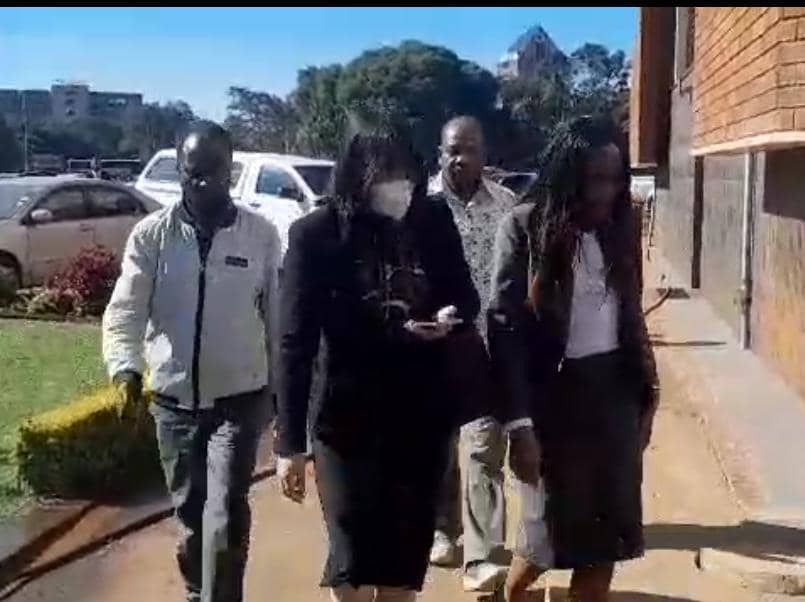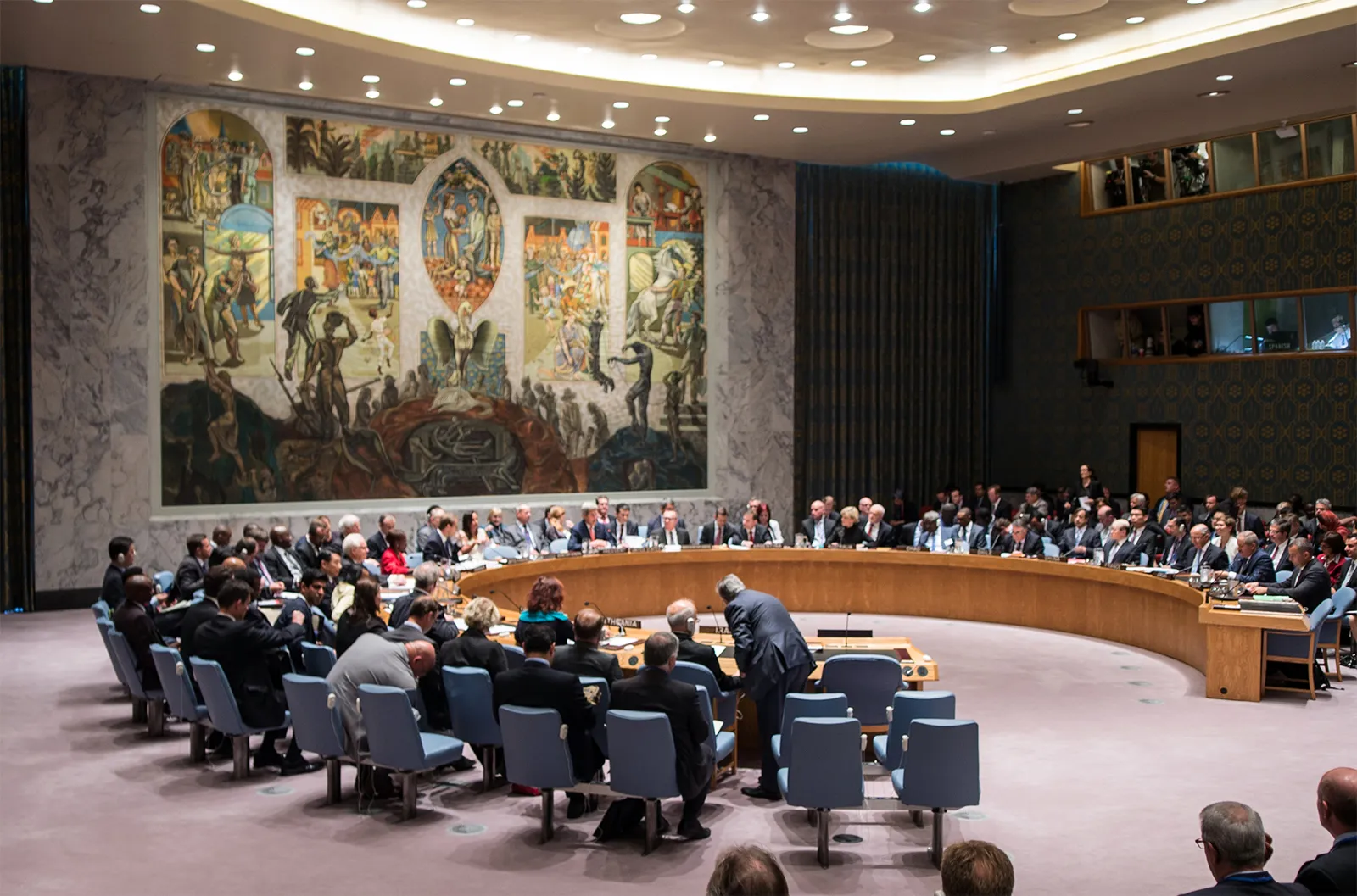The speed of the Taliban advance in Afghanistan appears to have taken many by surprise – regional capitals seem to be falling like dominoes.
The momentum is clearly with the insurgents, while the Afghan government struggles to keep its grip on power.
This week, one leaked US intelligence report estimated that Kabul could come under attack within weeks, and the government could collapse within 90 days.
The US and its Nato allies – including the UK – have spent the best part of the last 20 years training and equipping the Afghan security forces.
Countless American and British generals have claimed to have created a more powerful and capable Afghan army. Promises that today appear pretty empty.
The Afghan government should, in theory, still hold the upper hand with a larger force at its disposal.
The Afghan security forces number more than 300,000, on paper at least. That includes the Afghan army, Air Force and police.
But in reality, the country has always struggled to meet its recruitment targets.
The Afghan army and police have a troubled history of high casualties, desertions and corruption – with some unscrupulous commanders claiming the salaries of troops who simply didn’t exist – so-called “ghost soldiers”.
In its latest report to the US Congress, the Special Inspector General for Afghanistan (SIGAR) expressed “serious concerns about the corrosive effects of corruption… and the questionable accuracy of data on the actual strength of the force”.
Jack Watling, of the Royal United Services Institute, says even the Afghan army has never been sure of how many troops it actually has.
Added to that, he says there have been problems with maintaining equipment and morale. Soldiers are often sent to areas where they have no tribal or family connections. One reason why some may have been so quick to abandon their posts without putting up a fight.
Source – BBC


















